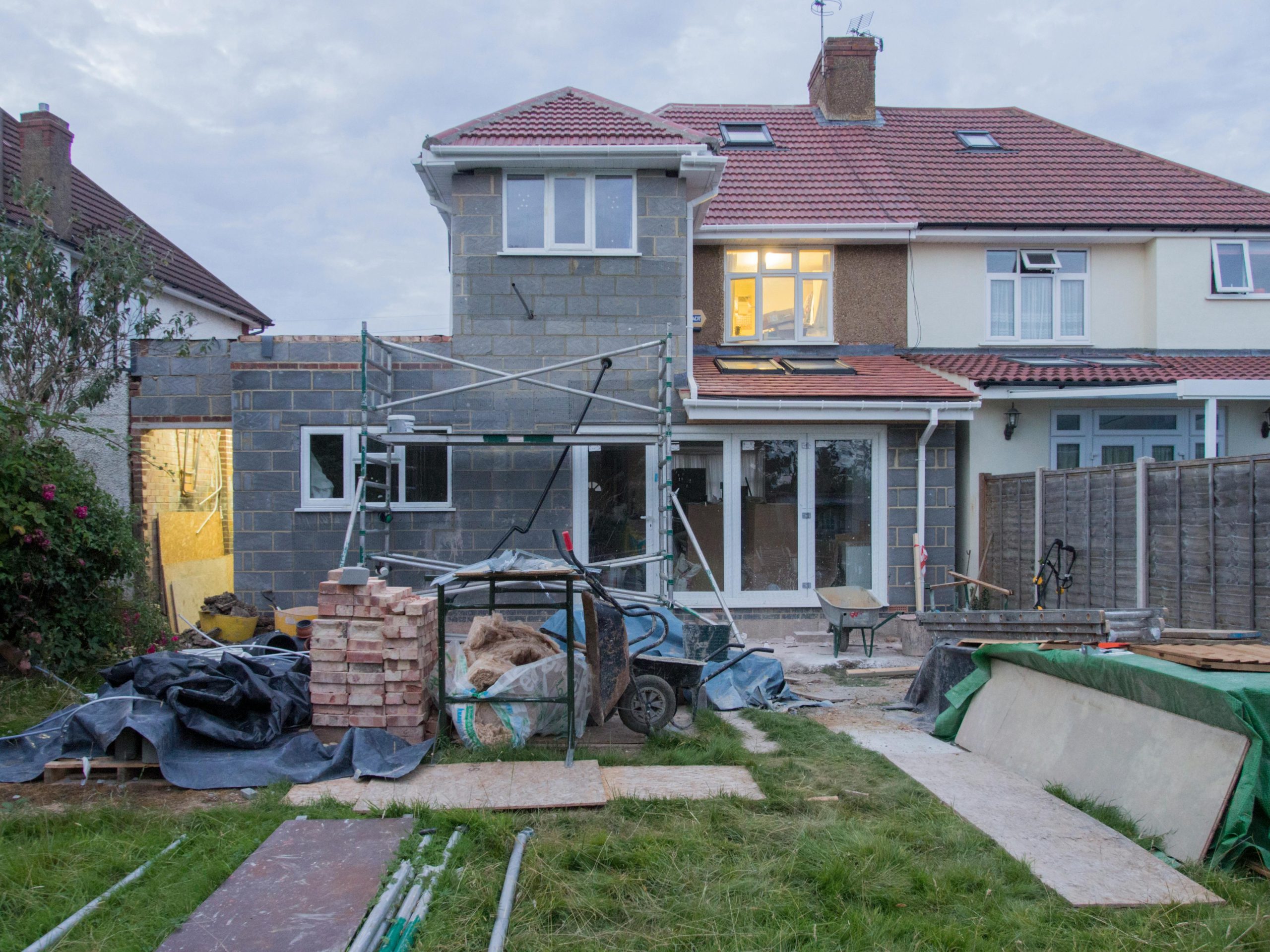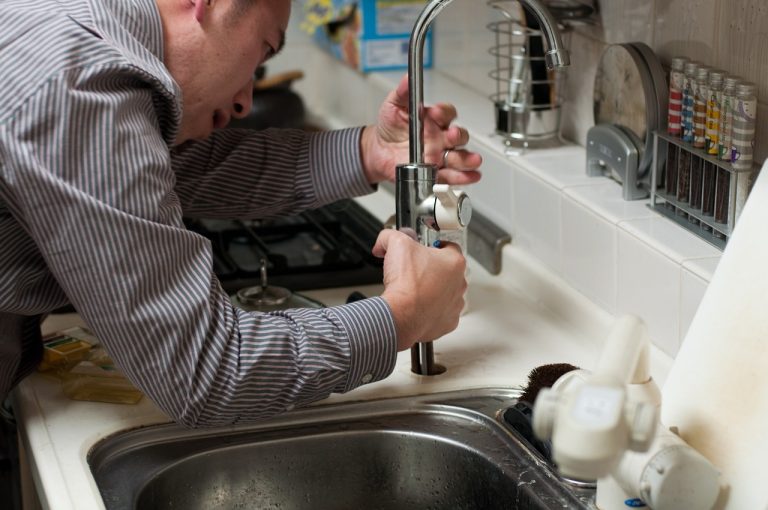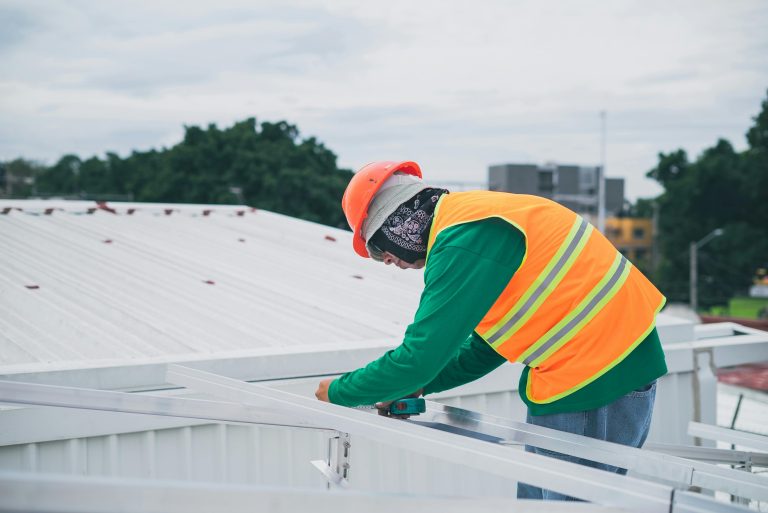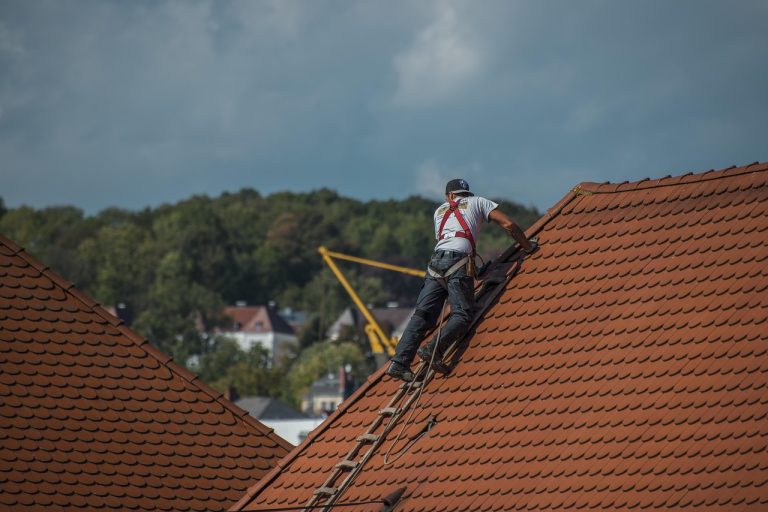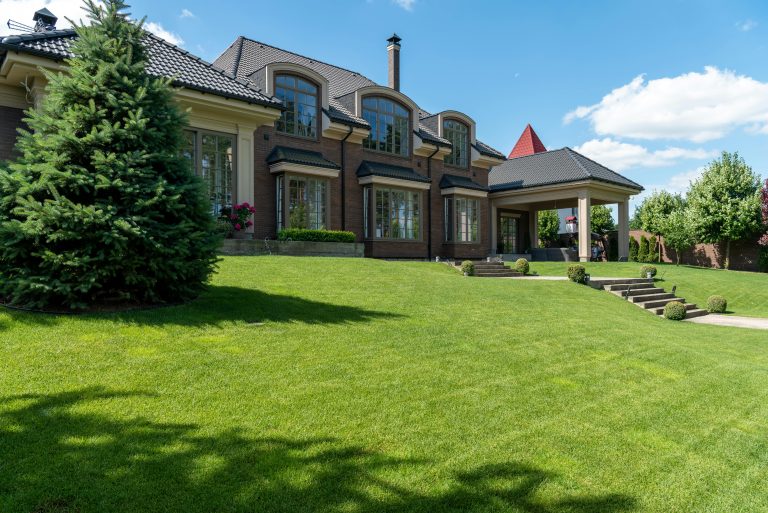What Factors Determine Roof Replacement Prices in Atlanta
Every home eventually reaches a point when the roof needs replacing. In Atlanta, where heat, humidity, and storms come together, that time may come sooner than expected. For those trying to make sense of what determines the cost, a few key factors always stand out. Many elements contribute to the total price. From materials to labor and even cleanup, each one plays a part. Here’s a look at what truly affects the overall cost of a roof replacement.
Preparation, Equipment, and Cleanup Costs
The average roof replacement cost in Atlanta typically begins with surface preparation and the use of specialized machinery. Before the first shingle goes on, old materials need clearing, and safety measures must be set. Equipment rental, setup time, and hauling debris afterward aren’t always obvious, but they add up fast.
Cleanup also includes disposal fees, which vary based on landfill rules around job site access. Even a modest-sized home can produce significant waste during replacement. Larger properties may involve extra dumpsters or crews for safe removal. All of this impacts the final amount on the invoice.
Labor Rates Across Projects
Labor plays a huge role in roof replacement pricing. In Atlanta, rates differ based on availability, experience, and time of year. Some crews work faster, but others charge more for added attention to detail or specialized roofing types.
During peak months, such as late spring or early fall, demand increases, and so can rates. Seasonal swings influence how long projects take to schedule and complete. Urgent work or tight timelines may incur premium charges. It’s important to factor that in while budgeting.
Per-Square-Foot Pricing Factors
The quality and type of materials used for roofing directly affect the amount spent. Asphalt shingles remain popular in Atlanta, but metal, tile, and composite options are available too. Each material requires different tools, adhesives, and safety gear.
Higher-end finishes may call for more setup, cutting, or time, which affects equipment needs. These changes contribute to the final calculation. Warranties, wind resistance, and manufacturer grades can also shift costs. Choosing materials often comes down to personal preferences for durability and aesthetic goals for the home.
Roof Size and Shape Drive Per-Square-Foot Pricing
Square footage is more than just a number; it determines the amount of material required. The average price per square foot for shingles or flat patching in Atlanta helps estimate a ballpark figure. Roofs with many slopes, valleys, or skylights may require extra material for proper sealing and alignment.
Steeper pitches often mean slower installation, which can increase the labor portion. Each angle, joint, or added feature on a roof means more time, effort, and materials. That’s why a detailed measurement is key to understanding true replacement costs.
The Impact of Relying on a Trustworthy Roofing Service
While numbers matter, so does peace of mind. A reliable roofing company offers clarity and smoother coordination throughout a replacement project. From initial inspection to cleanup, having clear communication helps avoid surprises.
A good team provides transparency about timelines, weather impacts, and final touches. Working with an experienced roofing crew in Atlanta also means access to local knowledge, such as which materials hold up best and how weather patterns affect scheduling.
The average roof replacement cost in Atlanta depends on several interconnected elements, from size and style to labor and cleanup. A thoughtful approach that weighs each factor can make the process easier to navigate. Knowing what drives pricing helps homeowners feel more confident when it’s time for a new roof.

